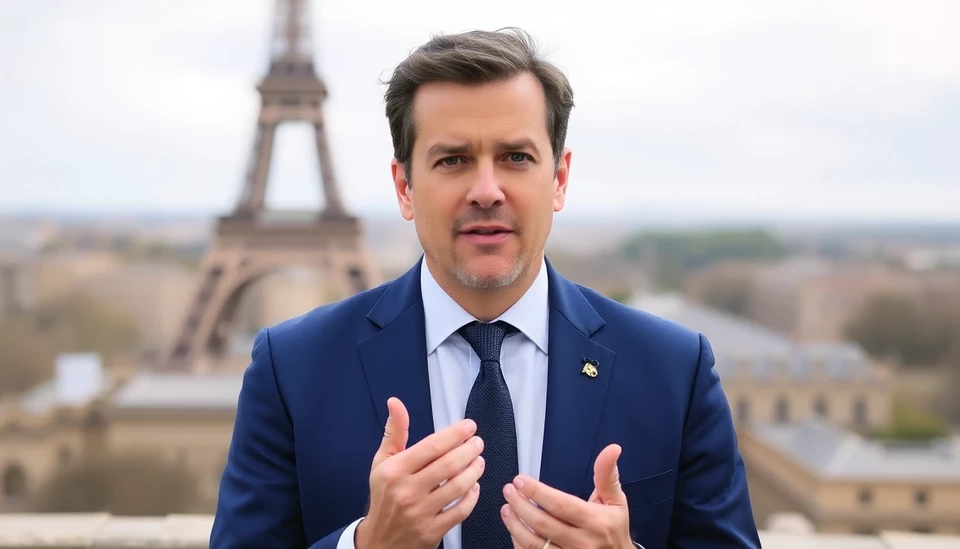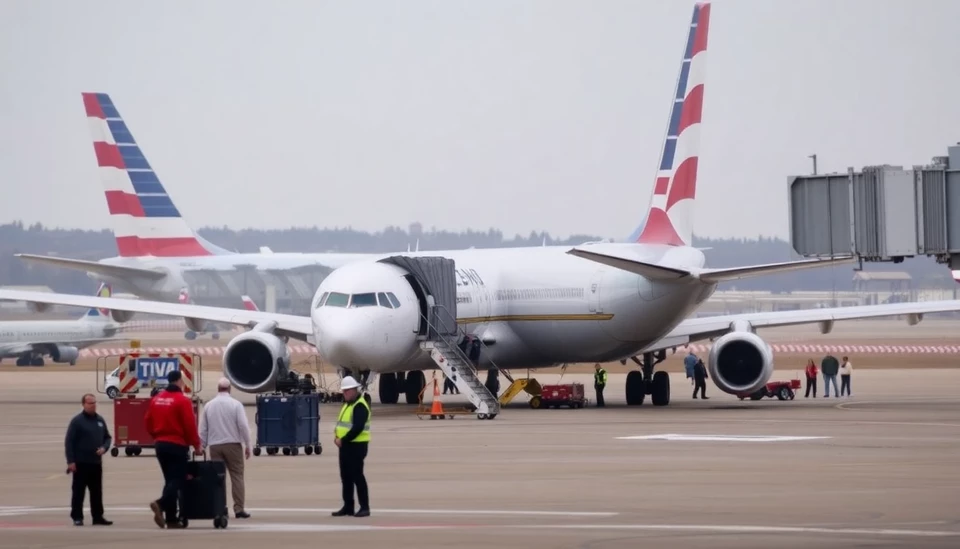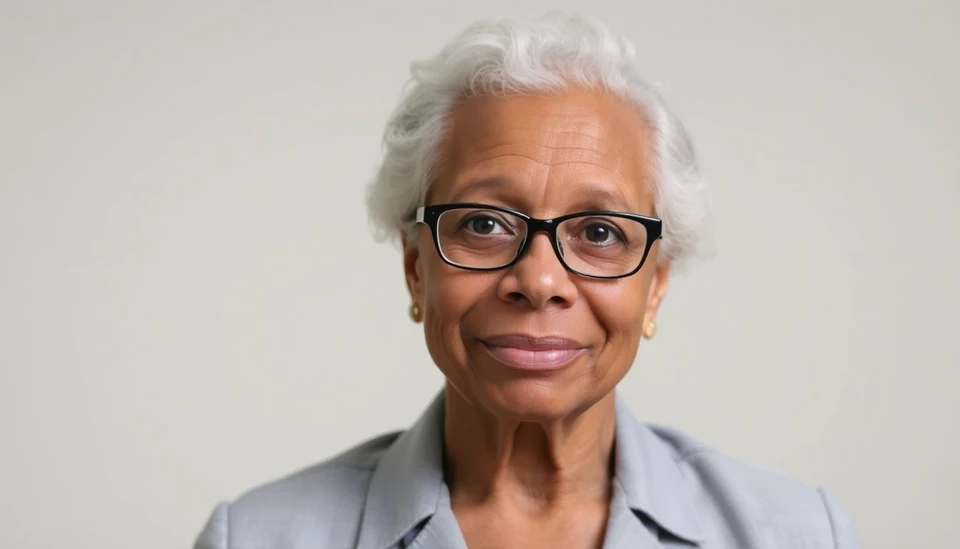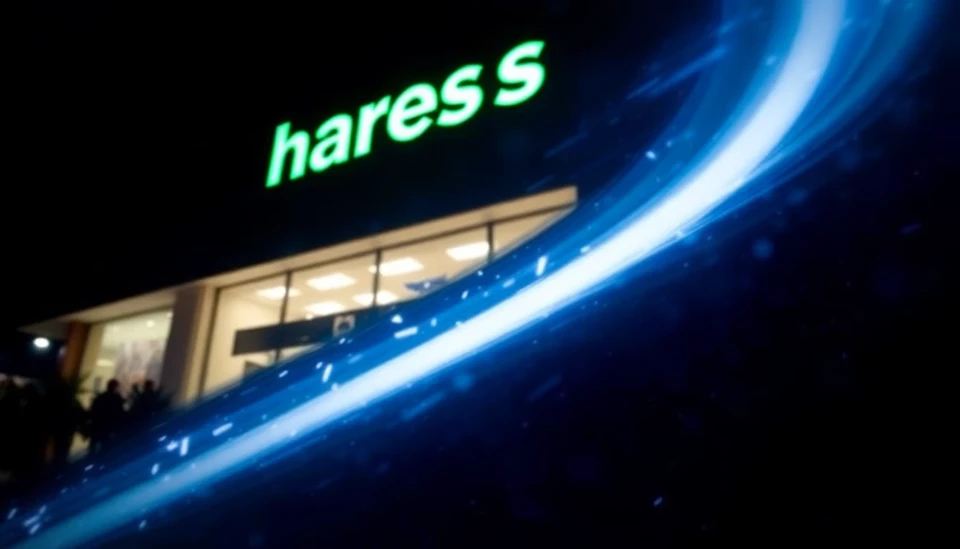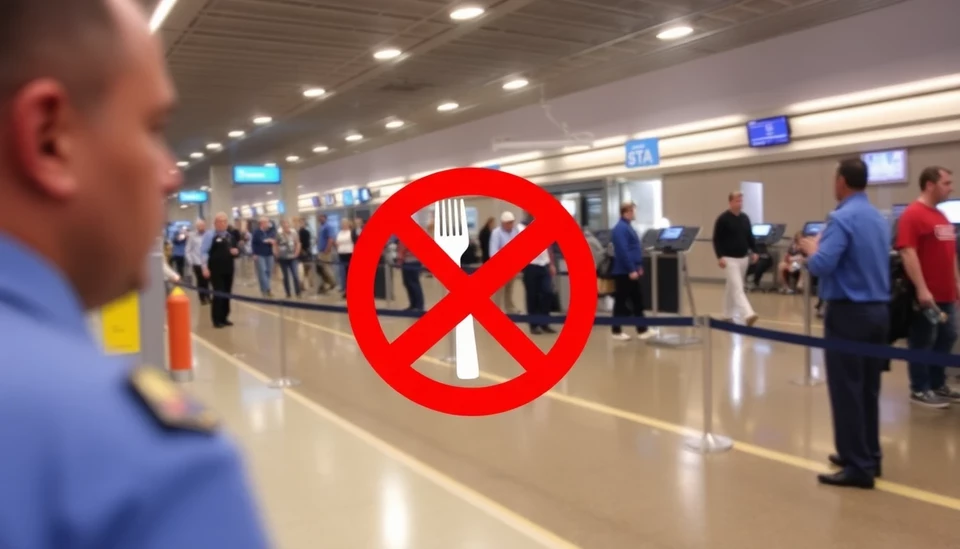
In a recent development surrounding the integration of advanced technologies within transportation security, the Transportation Security Administration (TSA) has communicated that its employees are not permitted to utilize a controversial technological tool, famously dubbed "Musk's Fork in the Road." This decision is stirring both confusion and concern among workers who are eager to embrace new methodologies to streamline operations.
The phrase "Musk's Fork in the Road" refers to a specific technology inspired by billionaire entrepreneur Elon Musk’s ideas on efficiency and optimization in various industries. However, recent internal communications indicate that TSA personnel are not authorized to implement this technology as part of their daily operational procedures. The directive raises questions about the agency's adaptability to emerging technologies, which are widely believed to enhance efficiency and improve passenger experiences.
Sources from within the TSA suggest that the decision to restrict the use of this technology stems from a mixture of safety concerns and bureaucratic caution. TSA officials reportedly fear that rapid adoption of untested technologies could compromise security protocols that are already in place. Balancing innovation with strict regulatory adherence appears to be a challenge the agency is currently grappling with.
This situation comes at a time when other federal agencies and private sectors are increasingly leveraging cutting-edge technologies to enhance service delivery and operational efficiency. In sharp contrast, TSA's move to prohibit the usage of such tools could be seen as a significant setback for those advocating for technological advancement in government operations.
TSA employees have expressed their frustrations openly, arguing that restrictions on technological innovations hinder their ability to perform their duties effectively and to enhance passenger experience during the travel process. Despite being on the front lines of airport security, many workers feel restrained by outdated methods and lengthy approval processes that thwart potential improvements.
The agency finds itself at a crossroads as it aims to modernize its operations while remaining steadfast in its commitment to safety and security. Moving forward, TSA must navigate this delicate balance, understanding that embracing innovative technology might be key to improving both employee morale and overall operational efficiency.
Experts believe that TSA should consider establishing a framework that allows for the measured testing of new technologies while ensuring compliance with security regulations. Such an approach could empower employees and contribute to a more adaptable and responsive organizational culture.
As discussions regarding TSA’s technological strategies evolve, one thing is clear: the agency must reconcile its mission with the need for innovation, all while maintaining public trust and safety. The future remains uncertain as employees continue to voice their concerns, hoping for a more flexible approach to the integration of new tools and technologies in their work environments.
In conclusion, the challenge ahead for the TSA involves not just the restriction of perceived risky technologies but also creating an environment that fosters innovation while upholding the highest standards of security. The discourse surrounding "Musk's Fork in the Road" underscores a larger narrative about how federal agencies can evolve in a rapidly changing technological landscape.
#TSA #TransportationSecurity #Innovation #ElonMusk #Technology #FederalAgencies #AirportSecurity
Author: Samuel Brooks

